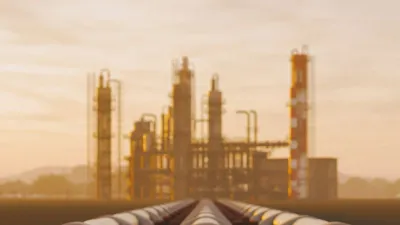
In her last speech on the termination of the EU membership of the United Kingdom, Prime Minister Theresa May said she envisaged full departure from the EU and did not intend to keep certain elements of EU membership. „We do not seek to adopt a model already enjoyed by other countries. We do not seek to hold on to bits of membership as we leave.”
Although analysts are taking guesses about what to expect in the period after the exit, in my opinion it seems to be absolutely certain that the UK will no longer be part of the EU's customs union after Brexit. Their exit "redraws" the map from a customs perspective as they will be outside the EU's borders within which the free movement of goods is ensured by the customs union. In other words, a customs border will exist between the EU and the UK, not necessarily physically but certainly in legal terms, whose legal and practical implications have not been fully assessed by most stakeholders in my opinion.
Movement of goods and customs duties after Brexit – back to the future?
For the time being, it is difficult to foretell what bi- or multilateral agreements will be reached during the exit negotiations currently envisaged to last for two years, however, it seems certain that the movement of goods across the new border between the EU and the UK will be part of the customs administration, i.e. export and import customs clearance will be required in the traditional sense. Today's modern customs technologies are highly advanced, however, even with such advanced customs procedures, additional administration and customs agent assistance may become necessary as opposed to the free movement of goods. It is likely that transport vehicles will need to stop at the border for administration purposes and customs controls will be introduced, at least on an ad-hoc basis. This, in turn, will have an impact on the price of goods.
In our experience, neither service providers nor business entities have truly understood so far what the loss of the UK's EU membership will mean for their operations.
The impact of Brexit on Hungarian entities from a customs perspective
Beside the requirement to clear the goods for customs upon entry and exit and to pay the import duty, if any, the entity may become an exporter/importer once the goods cross the border, including all obligations these statuses entail. It is another non-negligible consideration for manufacturers that raw materials imported from the UK will qualify as raw materials imported from a third country, which may impact the EU origin of the finished products in which they are used.
This also raises the possibility of customs procedures with economic impact (inward and outward processing) which has been out of the question so far. If a Hungarian entity manufactures products for the UK market, it is advisable to reconsider the format and the technology under which the products are shipped from a customs perspective.
It should also be noted that if the goods have been shipped to a UK port and cleared for customs there (as VAT-exempt import of goods) until now, this model can no longer be applied going forward.
The Brexit negotiations may bring further surprises, especially in the area of free trade agreements, however, it is inevitable that fundamental changes are about to take place in commerce and in particular customs administration.
The process of leaving the EU is expected to take 2 years. During that time, businesses need to contemplate and reconsider their customs activities and seek out solutions if they wish to be able to maintain their smooth and well-functioning business relations with the UK, once the country leaves the EU. The situation is further complicated by the declarations of political leaders that suggest that the British need to reach an agreement internally first and only then can they propose terms and negotiate with the EU.
In addition to the foregoing, the Brexit is expected to impact not only trade but also many people's daily lives through passenger transport. It is very well possible that, instead of the familiar EU lanes ensuring passage without customs checks in large airports, UK citizens will be required to take the NON-EU lanes together with the citizens of Russia, China and other third countries.



